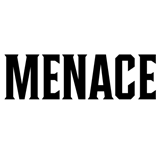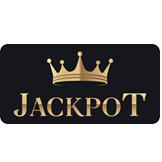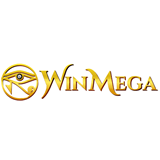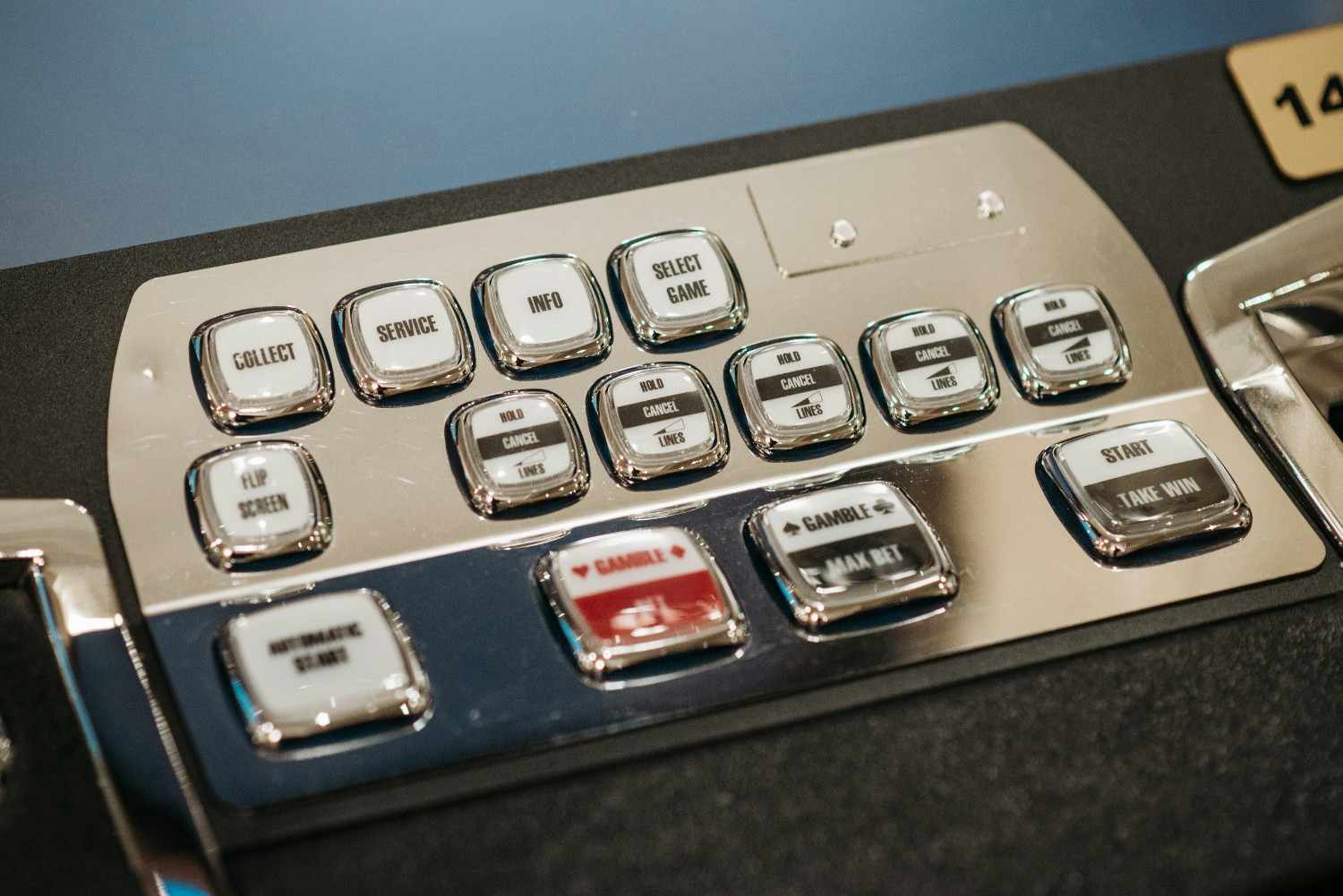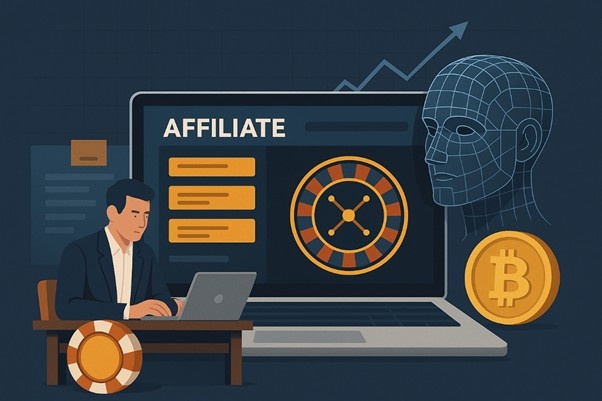Online casinos have exploded in popularity across the globe, offering everything from immersive slots to high-stakes table games at the tap of a screen. But as the industry grows, so do the risks from shady operators with unclear terms to outright scams that can leave players empty-handed. For global players, navigating this digital casino world requires more than just luck. It’s about knowing how to identify trustworthy platforms that prioritize fairness, security, and transparency. In this guide, we’ll walk you through the essential checklist to help you choose an online casino.
What Are Global Gambling Licenses?
A gaming license is a legal permit issued by a regulatory authority that allows an operator to run an online gambling platform. It ensures the casino follows the rules on fairness, player safety, and responsible online gaming. Some licenses cover multiple gambling activities, while others are more specific. Though costly and time-consuming, having a valid license is essential for any reputable casino site.
How to Verify a Casino’s Licensing Claims
It’s essential to make sure the casino site you’re gambling at is properly regulated and licensed. Here are the steps that include verifying a casino’s licensing, as no one likes to play at an unreliable casino that has issues with the withdrawal process. Below are the steps you can follow to find a safe casino and enjoy your gambling experience.
- Find the license information on the official casino site, typically located in the site’s footer.
- Check the information by visiting the jurisdiction’s gambling commission website to validate it.
- Verify the license number of the casino.
- You can also check for additional certifications and seals from trusted organizations such as iTech Labs, eCOGRA, and the SSL Secure logo.
What Regulation Looks Like Around the World
Since there are a variety of cultural, social, and economic variables, internet gambling regulations differ greatly between nations. To address worries about problem gambling, money laundering, and societal harm, some countries have implemented stringent regulatory frameworks or outright banned online gambling, while others have welcomed it as a valid source of income and leisure.
Various countries have adopted many different approaches to online gambling regulation. Here are some of the major approaches and models to governing online gambling applied worldwide:
Prohibitionist Approach
Countries like Qatar and the United Arab Emirates have adopted a prohibitionist approach to online gambling. As they believe that online gambling is incompatible with their cultural or religious values, many nations implement strict rules and penalties to discourage people from getting involved with it.
Monopolistic Model
To regulate and supervise online gambling, nations like Sweden and Finland have set up monopolies or state-owned businesses. With the intention of directing gambling profits to public services and reducing societal harm, these monopolistic models give one operator or a small group of operators the sole authority to provide online gambling services.
Licensing and Regulation
Several countries have enacted laws regulating online gambling, such as Gibraltar, Malta, and the United Kingdom. To lawfully provide gambling services under this model, operators need to apply for a license from the government or regulatory authorities. Typically, regulations address topics like responsible gaming, consumer protection, anti-money laundering procedures, and technical requirements for gaming platforms.
Decentralized Regulation
A decentralized approach to online gambling regulation has been implemented by certain countries, where each state or territory has the power to control gambling within its borders. While upholding the general values of honesty and consumer protection, this decentralized model permits flexibility and adaptability to regional tastes and requirements.
Player Tools for Safer Gambling
The rise of online gambling has brought both opportunities and challenges for players, operators, and regulators. While gambling can be entertaining, it also poses risks like financial strain and the increase of problem gambling. To address this, the industry has adopted tools and policies promoting responsible gambling and enhancing the gaming experience. Below are the tools and features for responsible gambling:
Limit-Setting Features
Limit-setting tools are key to responsible gambling, helping players set deposit, bet, and loss limits to stay within their financial means. Customizable for daily, weekly, or monthly use, these tools support better control and help prevent gambling-related financial problems.
Self-Exclusion Tools
Self-exclusion tools allow players to take a temporary or permanent break from gambling. Some of the best online casinos offer exclusion from individual platforms or through multi-operator programs, helping players block access across multiple sites. This is vital for those struggling to control their gambling habits.
Reality Checks and Notifications
Reality checks and notifications alert players about their session times and spending, helping them avoid excessive gambling and encouraging healthier habits.
Spend Tracking and Transaction Histories
Spend tracking tools and transaction histories help players monitor deposits, bets, and winnings, promoting transparency and informed decision-making to prevent excessive gambling.
Time-Outs
Time-out features give players the option to take brief breaks from gambling, ranging from a few hours to several days. Unlike full self-exclusion, these flexible pauses help players regain control while keeping their accounts active, encouraging responsible gambling behaviour.
Support and Advice
Access to support services is essential for managing gambling behaviour. Operators collaborate with nonprofits and helplines to offer education, counselling, and connections to addiction specialists for players in need.
A Quick Checklist
Before you review online casino options, it’s crucial to understand what makes a safe and reliable online casino, especially if you’re new to online gambling. Factors like game fairness and reputation are key to protecting your money and ensuring a good experience. The checklist below will help you evaluate online casino safety and choose a trustworthy platform.
- Licensed by a reputable authority
- Positive player online reviews
- SSL encryption
- Safe payment options for deposit and withdrawal
- Reliable customer support available on multiple channels
- Transparent terms and conditions
Conclusion: Play Smart, Stay Safe!
When selecting an online casino, safety and security are always top priorities. By using the checklist provided, players can choose an operator that protects their personal and financial data. A trustworthy online casino will offer clear policies and fair bonus terms and ensure honest games with dependable payouts. Make sure to follow the above steps to find a safe online casino.

